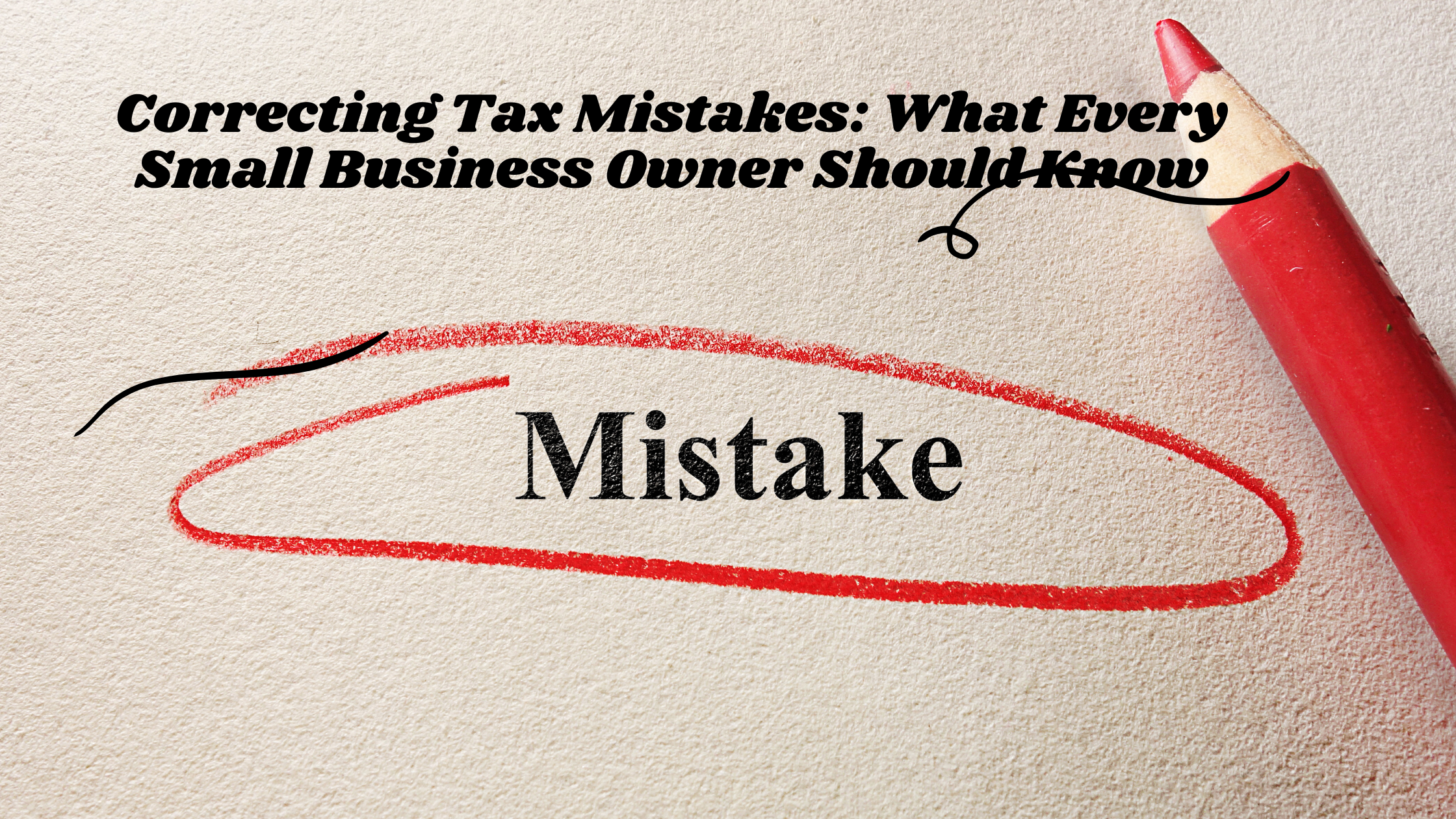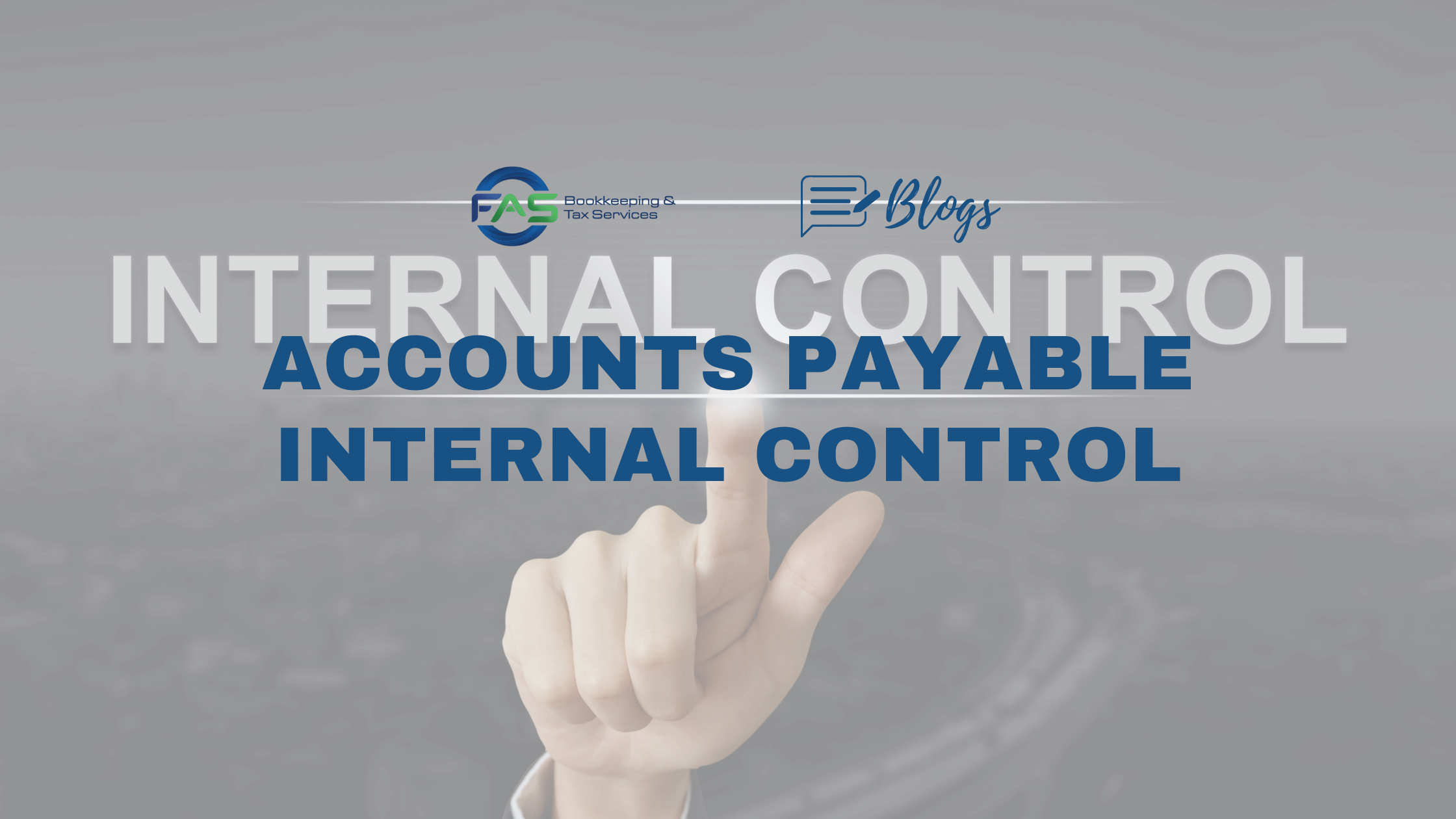Accounts Payable Internal Controls
Accounts payable internal controls are the backbone of any organization.
Accounts payable internal controls protect your company from fraud and scams because they help you to detect inaccurate or fraudulent charges while they’re still in the system. This is important because once that money flows through the bank, it’s too late to go back and change it.
For example, if an employee in your company has opened a credit card account without your approval, then you may be able to recover some of that money by cancelling the card before it’s reported as stolen by the credit bureaus. With accounts payable internal controls, though, you can catch these kinds of frauds before they have any impact on your business.
Accounts payable internal controls also help ensure that all invoices are accurate and complete. Inaccurate or incomplete invoices can cause serious problems for businesses who rely on accurate information when making financial decisions such as paying suppliers or employees on time.
The basics of Accounts Payable Internal Controls
Accounts payable internal controls are the methods a company uses to ensure that its accounts payable procedures are followed. They include steps like ensuring that invoices are paid on time, making sure checks are signed and not forged, and checking for discrepancies in other accounting areas.
Poor controls can result in lost revenue, late payments or non-payments, and even fraud.
Results of poor Accounts Payable Internal Controls
When a business has strong internal controls, they protect themselves from a slew of issues (spend chaos, unapproved purchases, duplicate payments, etc.). But when internal controls are weak or ill-defined, they’re left to face repercussions that can be crippling to the business.
In other words: when you don’t have a clear picture of what you’re doing and why you’re doing it—and who’s responsible for doing it—you’re flying blind when it comes to making sure things stay on track.
4 results of poor internal controls:
- Tax issues: When it comes to your taxes, it’s not just about the money. It’s also about the controls and how accurate your financial reports are. If you’re not keeping track of your finances properly, or if your reports are inaccurate, you could end up underpaying or overpaying on taxes. Neither of those things is good for your bottom line!
- Inaccuracy in financial reporting: If the financial statements and financial reporting of your company are inaccurate, you can run into a lot of problems. This is because your company makes critical business decisions based on those financial reports. If those are incorrect, you might find yourself with huge issues in the coming months.
You can avoid this by having accurate accounts payable internal controls. You can have a strong system in place that will ensure that all bills are paid on time, which will help reduce any risk that your financial statements could be inaccurate. - Internal & External fraud: You can’t be too careful.
Every company has accounts payable internal controls, and most companies do a great job at keeping them strong. But fraud risks are not limited to outsiders — your own employees know your systems best. And while most employees would never dream of taking advantage, it happens all too often, sometimes from the employee you least expect. - Extraneous invoices and payments: Let’s say you’re the owner of a small business. You need to get your accounts payable department organized, but you don’t want to spend money on hiring an accountant or bookkeeping services.
Instead, you decide to use your own time and knowledge to develop a system that works for your company. You make sure every invoice is paid in full on time and that all payments are received by your vendors in a timely manner. And then… something goes wrong.
Maybe it starts with an honest mistake; for example, a vendor sends a second invoice because you’re closing in on the payment due date. Your processes aren’t quite perfect, so a second payment goes through. A less-than-scrupulous vendor might realize your accounts payable internal controls are not up to par and send a few extra invoices a year. If you don’t notice these extra expenses, you could lose thousands of dollars on duplicate payments.
Accounts Payable Internal Control Strategies
The most important thing you can do to protect your company from fraudsters, tax implications and regulatory issues is to establish an accurate and efficient accounts payable internal control system.
Accounts payable internal controls are critical best practices to protect your company’s assets and best interests.
They ensure that the right employees are authorized to make payments on behalf of the company, that payments are made according to procedures established by management, and that all transactions are properly recorded.
Data entry automation
When you’re looking at an invoice, you might have the tools to make sure it’s accurate and complete. You might have an accounting system where you can easily input all of your invoices and purchase orders. But what happens when the invoice doesn’t match up with your systems?
A human can easily make mistakes when they’re inputting invoices details into an accounting system. They can also neglect to do three-way matching, which groups invoices with purchase orders and receipt reports to prove transactional validity.
The use of AP automation software also helps minimize data entry errors by having automated systems compare information between different sources, like purchase orders and sales orders.
Opting for AP Automation for the Entire P2P Process
When it comes to accounts payable internal controls, having good policies and procedures in place is a good component of that. Still, it’ll only go so far. We noted earlier that a company will want to automate its data entry and three-way matching. But that’s also only a start. The good news is it’s easier than ever for companies to implement AP automation software for their entire procurement to pay (P2P) process.
Aside from invoice scanning and three-way matching, AP automation can resolve invoice exceptions, a common issue in accounts payable. The software can also help with approvals, ensuring that invoices clear internal hurdles and are checked over by higher-ups before being paid. Automating the AP process can also improve payment controls, with a duplicate payment search able to help reduce double payments, too.
Bottom line
Now that you’ve taken the time to learn more about how accounts payable work and the importance of internal controls, it’s up to you to develop your own internal control policies and ensure that they’re followed by your small business employees. Of course, you can always rely on a bookkeeping and tax firm like FAS Bookkeeping and Tax Services to help you maintain best practices with internal controls in your business.





